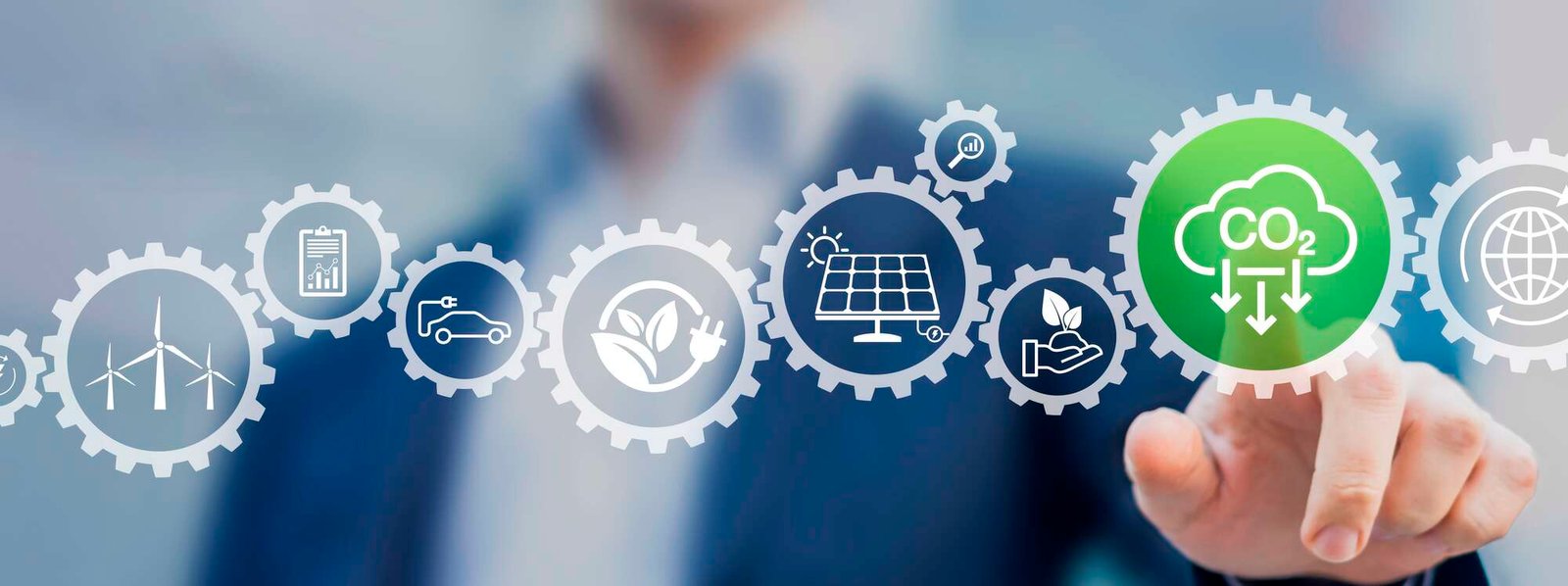[ad_1]
African leaders’ plan to capitalise on global carbon markets as a source of affordable finance for climate-positive investments may not materialise soon as major buyers of carbon credits backtrack on programmes citing integrity and quality issues.
During their recent convention in Nairobi to discuss the continent’s climate issues, the leaders called on world leaders to implement measures that will elevate the continent’s share of the global carbon markets to bolster access to sustainable climate finance.
But several big companies that have been major carbon credits buyers in the past have retreated on the programmes, casting a shadow of doubt on the future of carbon offsetting as a dependable source of climate finance for Africa.
The world’s largest oil company, Shell, is the latest to walk back on its carbon sequestration plans. The London-based multinational had targeted to spend at least $100 million every year on carbon offsets but has since turned around in a bid to minimise costs and boost profits.
Read: African leaders bank on carbon taxes to raise climate finance
Carbon offsetting budgets
Italian luxury fashion house Gucci and Swiss beverage maker Nestle have also recently reduced their carbon offsetting budgets and are exploring other means to achieve carbon neutrality status.
Last year, British low-cost airline EasyJet said it would stop buying carbon credits and focus on reducing its own emissions, raising concerns about the “quality” of some carbon offset projects and “lack of transparency in the market.”
These drawbacks, coming amid global debate on the effectiveness of carbon offsetting in tackling global warming, reflect negatively on the carbon markets value and revenues.
Data from Swiss carbon finance consultancy South Pole shows that the volume of carbon credits purchased in 2022 fell for the first time in seven years, by about 4 percent to 155 million metric tonnes from the 161 million metric tonnes sold in 2021. Forecasts indicate that sale of carbon credits will plunge even further in 2023, as a significant decline in demand has been recorded in the first half of the year, according to data by different carbon credit tracking firms.
According to experts, the falling demand of carbon credits is a result of losing trust on their effectiveness to really sequester companies’ greenhouse gas emissions and the transparency issues surrounding most of the projects.
Forest carbon projects, also known as Reducing Emissions from Deforestation and forest Degradation (REDD+), are among the leading sources of carbon offsetting revenues in the region but are also the main focus of criticism by environmental activists.
Read: Can Africa earn from its minerals without sabotaging carbon offsets?
Kenn Essau, a principal at Nairobi-based carbon projects firm Ecodev Consultants agrees that the issues of quality – which arise from questions on methodology of carbon credits generation – and transparency are eroding confidence on carbon offsetting.
“Issues of transparency have been occasioned by the investors themselves, due to the nature of agreements they enter with communities,” Mr Essau said.
“This has largely affected the quality and the impact that these offsets are supposed to have, in terms of encouraging behaviour and attitude change and incentivising communities to have conservation at the heart of their activities.”
As a result of the integrity questions arising from these projects, Essau argues, many companies are resorting to “do away with middlemen and explore other mechanisms of reducing their carbon footprints,” and they shun the carbon markets.
But despite the troubles facing the carbon markets, Mr Essau believes their allure is not fading and that the market will rebound at some point and there is still much to hope for in the resilience of carbon offsetting to finance climate investments in Africa.
[ad_2]
Source link



